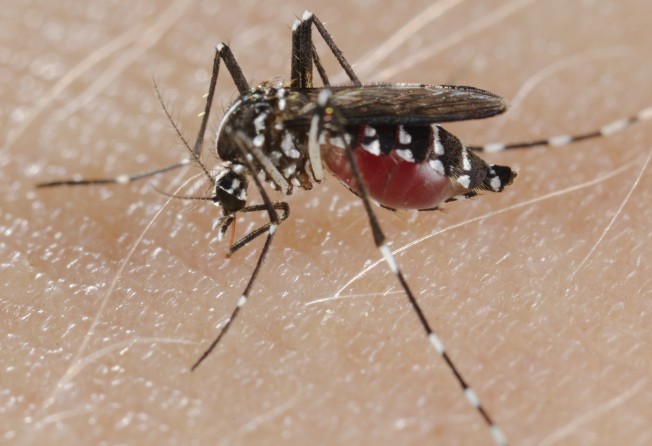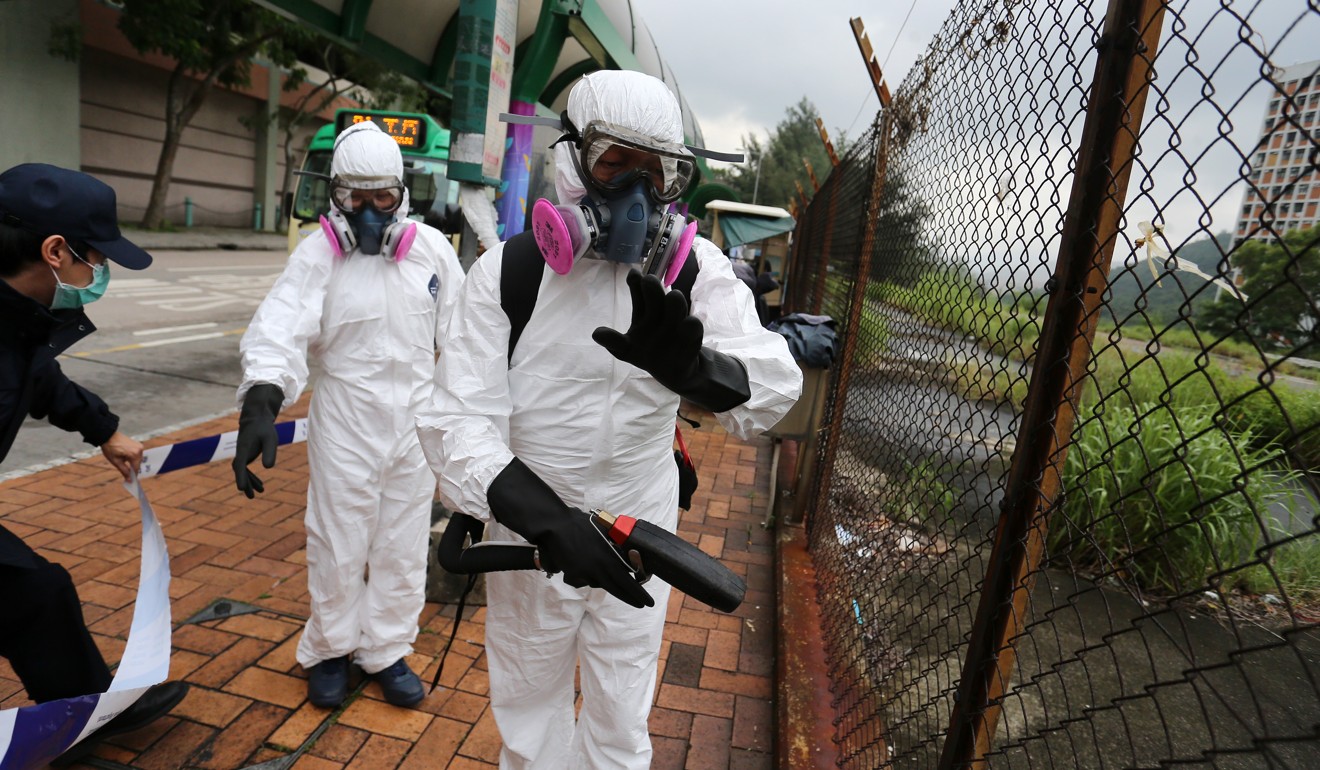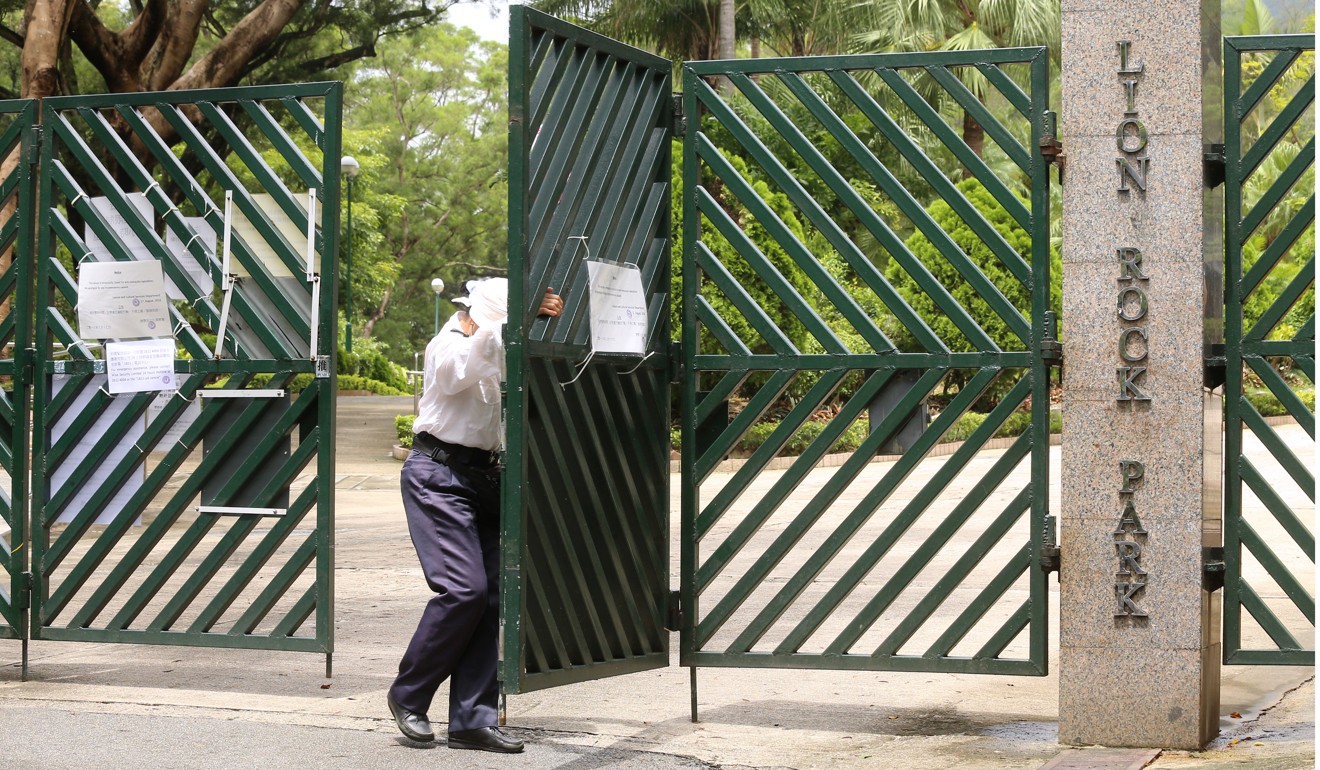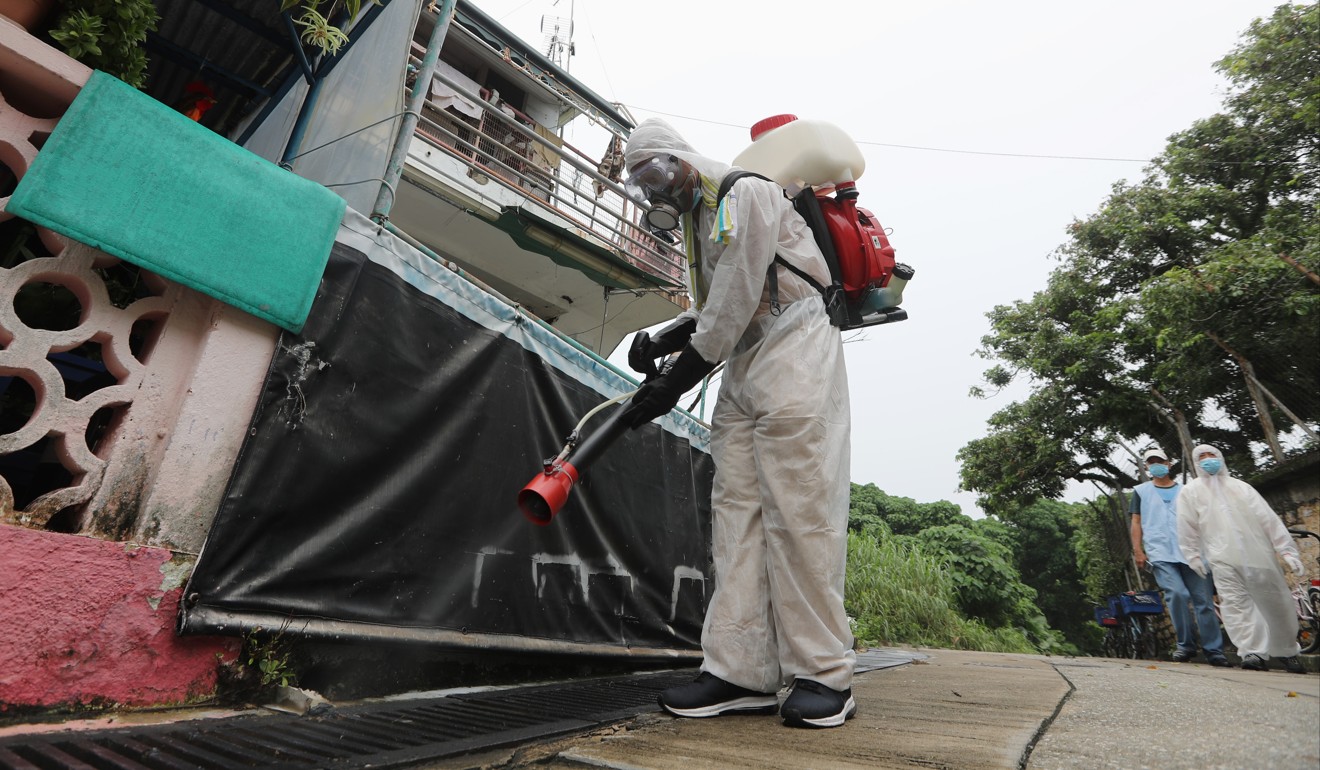As dengue fever scare hits Hong Kong, how can you best avoid infection?
Nineteen Hongkongers have been confirmed with the virus in a single week – a spike authorities described as ‘very worrying’. What is being done to curb the spread, and how can residents protect themselves?

A dengue fever scare has hit Hong Kong after 19 people in the past week were confirmed to have contracted the virus locally. While the mosquito-borne illness is not new to the city, most of the cases in previous years were imported – patients were bitten elsewhere and displayed signs of the illness on returning. Dr Wong Ka-hing, controller at the government’s Centre for Health Protection, last week described the sudden spike in cases as “very worrying” and “unprecedented”. He warned that any outbreak would further strain the city’s overstretched public hospitals.
What is dengue fever and how is it transmitted?
The illness is caused by the dengue virus, which has four different serotypes, or strains.
It is transmitted to humans by Aedes albopictus, a type of mosquito commonly found in Hong Kong. The pest can become a carrier of the virus after biting an infected person, and then spread the disease by biting somebody else. The virus cannot be spread directly from one person to another.

People with dengue fever display symptoms including high fever, muscle pain and a rash. Those suffering from the illness for the first time usually have milder symptoms, and later develop lifelong immunity to that serotype. However, subsequent infections with other serotypes are more likely to lead to severe dengue.
While there is no specific treatment, management of the condition includes rest, medication for fever and drinking plenty of fluids to prevent dehydration. With appropriate and timely medical care, the global mortality rate is less than 1 per cent.

How common is dengue fever in Hong Kong?
Between 2013 and last year, more than 100 imported cases and several local ones were reported annually.
Dengue is not endemic to Hong Kong but the city has hot and humid summers that encourage mosquito breeding, creating favourable conditions for the virus to spread.
According to a local study by researchers from Chinese University and Queen Elizabeth Hospital, an estimated 4.6 per cent of the population carry antibodies against dengue, and the figure rises to 32.7 per cent in those aged 65 or older.

What has the government done to curb the spread of dengue fever in Hong Kong?
Lion Rock Park, which was visited by most of the infected patients, was believed to be a source of infection. Cheung Chau, an outlying island popular with tourists, saw three of its residents hit by the virus.
Authorities closed down the Wong Tai Sin park last Friday for 30 days for thorough mosquito control work. A team with members from various public bodies also visited Cheung Chau on Wednesday to teach its residents tips on preventing mosquito breeding.
Public hospitals have stepped up prevention measures ahead of a potential surge in cases. These included launching an electronic platform to report suspected dengue to health authorities, and ordering several thousand dengue fever rapid test kits. Hospitals will also consider opening “designated clinics” for the infection if the number of patients with symptoms becomes overwhelming.
Schools have been told to take mosquito control measures ahead of their reopening on September 3.
What can people do to protect themselves?
Medical experts say the simplest way to prevent an infection is to ensure you are not bitten. Use mosquito repellent that contains Deet, or diethyltoluamide, during outdoor activities. As mosquitoes are attracted to dark colours, wear light-coloured and long-sleeved clothing. To curb breeding, prevent any accumulation of stagnant water.
There is a vaccine for dengue produced by a French pharmaceutical firm but it is not available in Hong Kong. The vaccine works better on people with prior infections of the virus. It is not recommended for individuals without past infection as it can lead to an increased risk of severe dengue if a person is infected after vaccination.
In countries where dengue fever is endemic, what have governments done to curb the spread of the disease?
In Singapore, where more than 1,700 cases have been recorded this year, an order to stop work is issued to a construction site if the area is found to be favourable for mosquito breeding. A community alert system is in place that displays colour-coded banners in dengue-prone areas to remind residents of the situation.
Malaysia, which has seen more than 47,000 cases this year, has launched a smartphone app to alert residents about dengue in their neighbourhood.